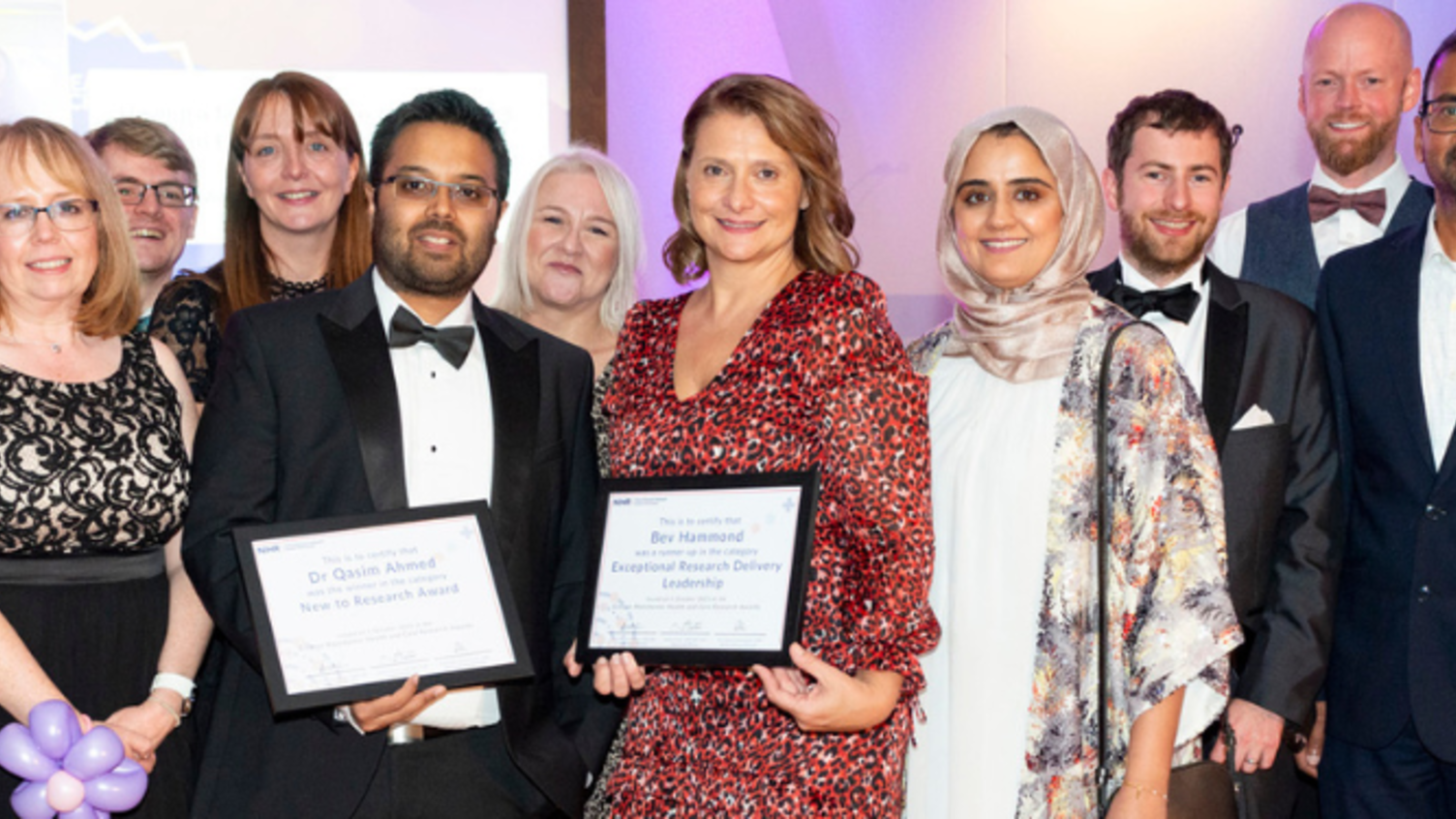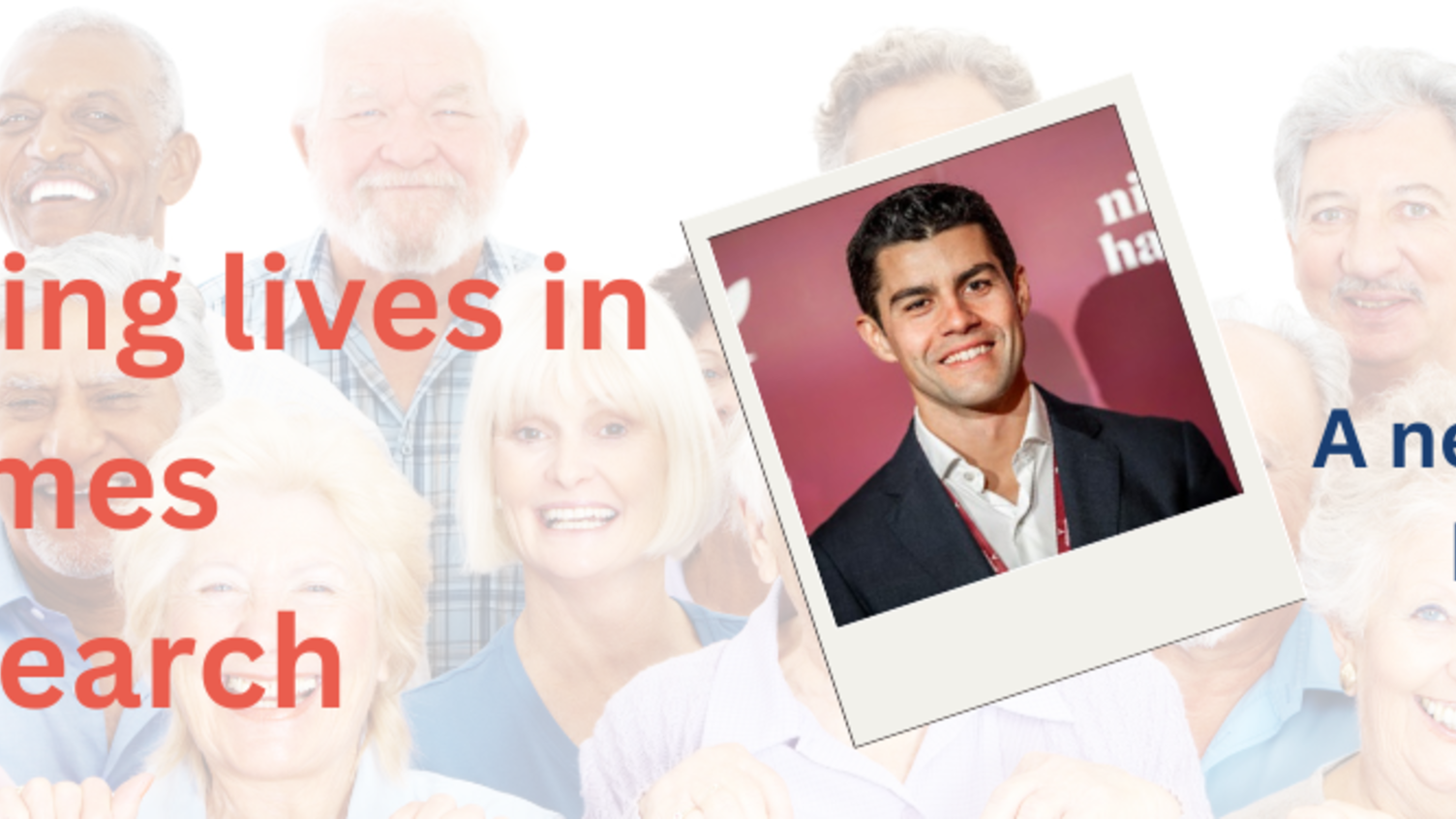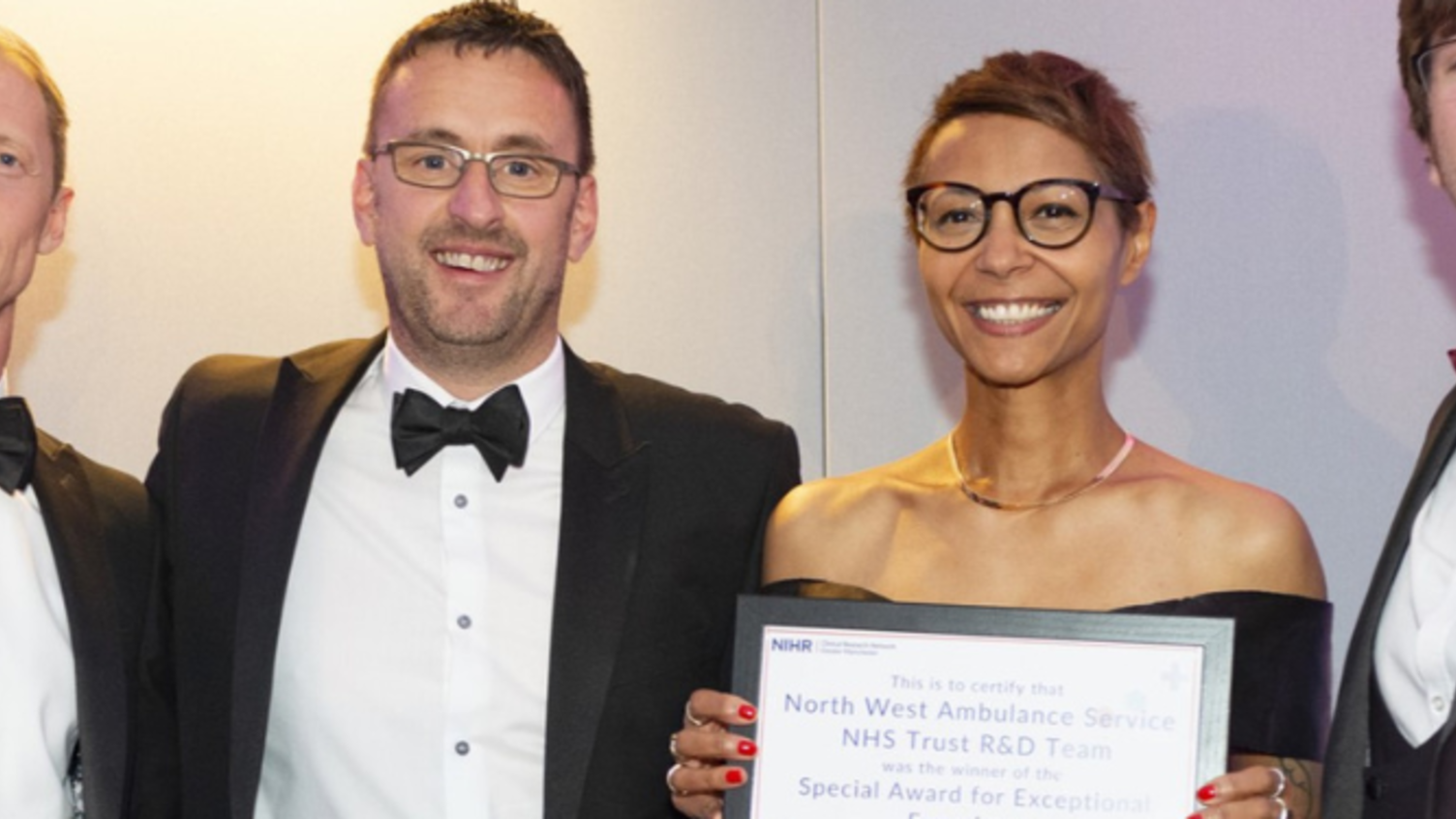CRN Greater Manchester core team blog series: Workforce, Learning and Development Team - Training
- 02 October 2023
- 3 min read
Training is what we’re best known for, but how much do you know about what that involves?
If you were asked what the Workforce, Learning and Development team do, I expect the first thing that comes to mind is ‘deliver training’. However this is our second blog in a series of three about what we do. As you will have read in the previous Workforce blog, there are many aspects to Workforce, and training is just one way to support the Workforce Wheel, especially through growing and developing. In addition, we now cover Patient and Public Involvement and Engagement for Greater Manchester, which we will discuss in next week's blog.
In this week's blog, I want to bust some myths and give you insights into our approach to training.
Myth Buster 1: We do more than just deliver training
I have spent 12 days during the beginning of the year delivering NIHR Learn courses, as well as sessions on our development programmes, but as well as the preparation, I also review, update and create content. In the past year our department lead and I have sat on a national working group to create the Good Clinical Practice (GCP) Consolidation, which went live last month. Currently, we are working with our Learning Technologist to re-assess the content and format of Research Delivery Team Essentials 2 day course and the Informed Consent half day course which are mapped to competency frameworks and CRN national objectives.
There is also a lot of administration around this and the majority of our team's time is spent supporting this delivery by matching available dates and rooms, identifying and booking candidates, keeping NIHR Learn up to date, preparing agenda’s, registers and materials for the day as well as organising a myriad of speakers and other admin for Research Scholars.
Myth Buster 2: We are not responsible for all your training and development
Your employer provides a vast resource of resources for you, which we compliment by focussing on skills needed for research support and delivery.
You bring with you to the role a unique set of skills and behaviours and it is your responsibility to work with your manager to work through role specific competencies. We have mapped out research-specific training pathways and development programmes as part of both national and local initiatives to support this.
Myth Buster 3: Research training is more than (or sometimes instead of) GCP
It is important that our workforce have the relevant skills, commensurate with their role to provide an Exceptional Experience to our participants and sponsors. We offer a pragmatic or proportionate approach to the training needed, as is promoted by the HRA and MHRA since 2017. This approach has been crucial to supporting new primary care practices in becoming research active.
Myth Buster 4: Not all learning happens in the classroom
In fact, according to the 70:20:10 model, only 10% of your learning comes from a classroom environment. 70% is on-the-job, and 20% is social learning. For the 90% outside of the classroom, we signpost, provide regular round-ups and contribute to NIHR Insights. For social learning check out our community pages and groups on NIHR Learn. We also provide lunchtime learns and have helped create some community of practices for specific topics where people can share learning and skills, such as engaging Allied Health Professionals (AHPs) and prison research.
Hopefully this gives you a window into our work around training, but bookmark our Workforce, Learning and Development hub site, follow us on twitter @NIHRCRN_nw_wld, email us at learning.lcrnsnorthwest@nihr.ac.uk, or come speak to us (we’re all in the Greater Manchester office as a minimum every other Tuesday).
Seonaid Beddows, Workforce, Learning and Development Manager


